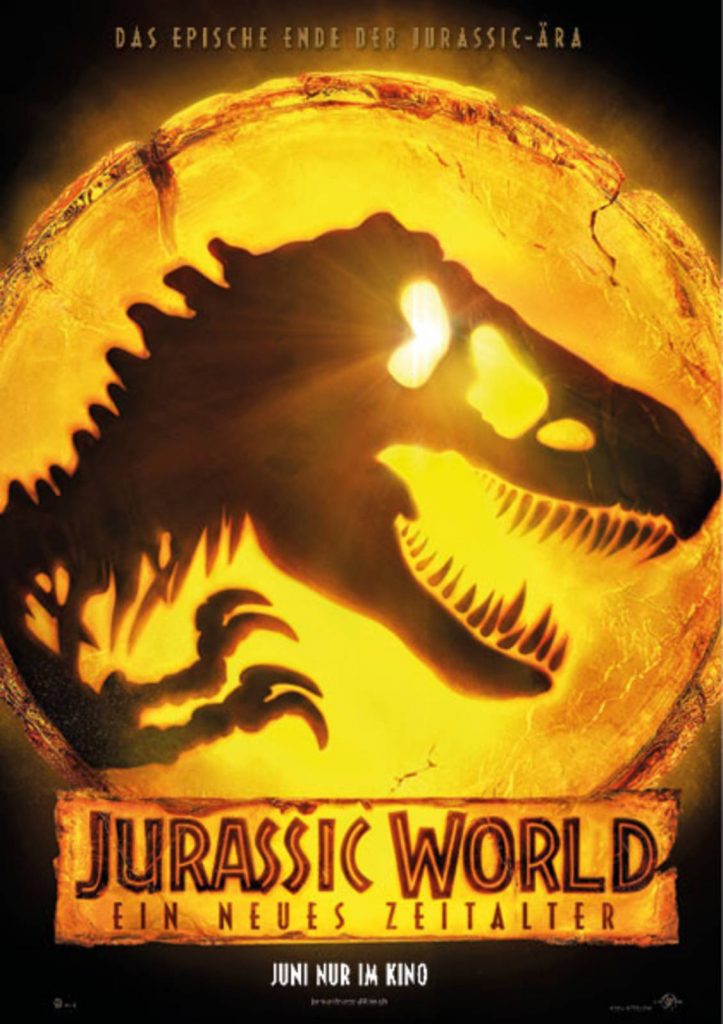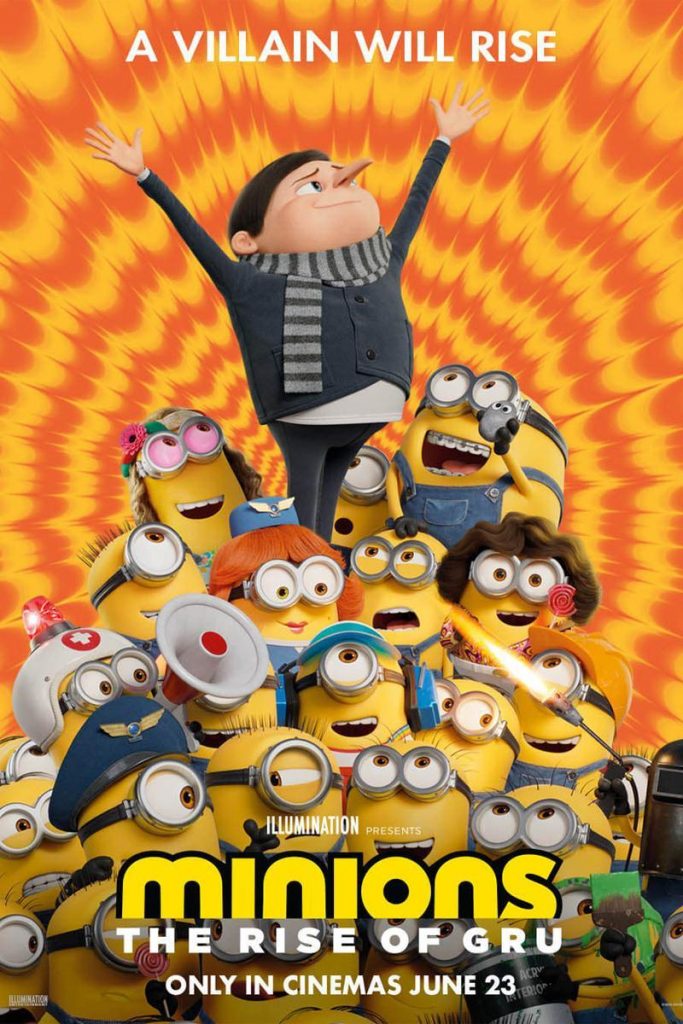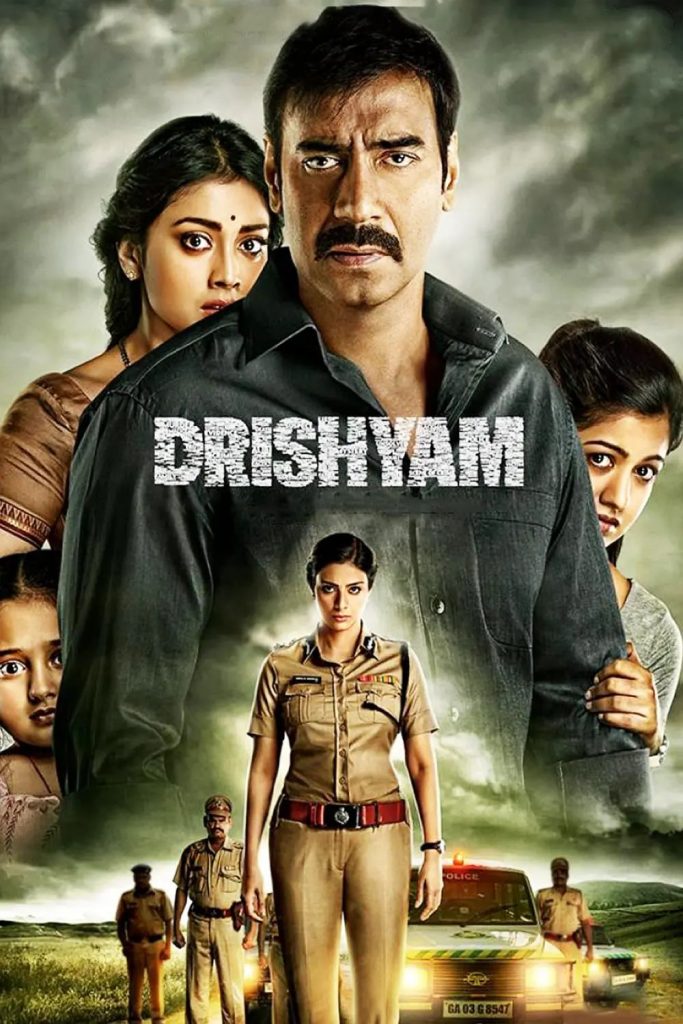There is no moral supremacy, no warmth, no glimmer of humanity, everything is subordinated to the supreme dream of Wall Street. No preaching and no indiscriminate sentimentality, yet every viewer who has ever struggled in the workplace has to reach out and give it a nod of approval.
There were years when I used to stay up all night at the board game bar in the Imperial City. One of the games that I still can’t get out of my head is Burn Rate – The Burning Network. This game tells players how internet businesses really burn money: all projects are Bad Idea, all employees are paid not to work, and if by the end of the game your opponents have burned through their money and you haven’t gone out of business, congratulations, you’ve won!
This game makes all the players who are running the company laugh. The most expensive people in the game are the vice presidents, who have to be leaders regardless of their ability, get paid three times as much (or more) than the average employee and never work. It takes more than three “HR cards” to fire them, but of course you can assign these loser VPs to your rivals, who then suffer an accelerated demise.
Does this sound like a story around you? In the Hollywood movie Margin Call, the scene is repeated again, where the CEO only cares about his dog, and two pawns in the risk control department figure out that the model for the company’s mortgage bonds is fatally wrong (there is a prototype for this), but they can’t find their bosses because they have been laid off. The bosses’ bosses go to the computer and say, without hesitation, “How can I read this”, “What does this table mean”, “Say it in a language that humans can understand”. replace it?
The big boss Tuld even needs to translate the wind controller’s conclusions into the vernacular in order to be understood. But these well-paid CEOs, who never work, do the most important job in the film: making decisions, as Tuld says to the young rocket scientist-turned-analyst, who is still standing today because he knows when to call off the music.
It’s a film full of desire, with everyone talking nakedly about money. Wall Street is so desperate for money that the little soldier makes $250,000 a year while the big boss is worth billions. The head of the trading department carefully explains from the rooftop where his $2.5 million a year salary is going, including costume costs and acts of debauchery.
The characters have desires, the audience does not. Behind the desires is repression. It is everyone who becomes a slave to money. This film was made in 2011 and every viewer knows how it will end – the financial crisis breaks out and Lehman Brothers collapses. So this depression is present in every scene of the film.
The film begins with the big redundancy exercise, with HR vulture-like, patrolling every cubicle, and the employees, afraid to raise their heads, trembling. The senior HR person in charge of the conversation looks grim, and the supervisor who is concentrating on the ABS model is told to leave. It may be because, as in the board game, “he makes too much money”, or he may simply be sacrificed in the struggle – in any case, he is unable to use his initiative like building a bridge, and has to leave the office quickly, throwing the USB stick that represents danger to the ambitious young man Sullivan.
The result of strict adherence to the theatrical trinity is that the long two years of reality are condensed into 24 hours. Sullivan adjusts his model overnight, layers of executives are rattled, and the contradictions are explained more and more clearly – the company is flooded with non-performing assets, which exceed the company’s assets.
The play is a timeless account of “What should one do when faced with a conflict?” This is a workplace drama in particular. In investment banking there is no right or wrong, and no one talks about ethics. Tuld decides to sell at all costs, just like Goldman Sachs and JP Morgan in real life.
Sam put up a brief fight, even blatantly stating “you know what you’re selling is worthless”. Tuld was furious, not that he had been accused of ethics, but that he would face legal action if the unvarnished statement was disclosed. He coldly qualified the sale, which began the next morning, by saying “we sold the assets to interested buyers at a fair price”.
The complexity of human nature is probably most evident in the financial world. Sam, who tried to resist, did so only because the operation that was about to take place would be detrimental to his goodwill. Sarah, the risk control officer, could only be verbally warned before the risk and then seen as a scapegoat after it occurred. The truth that Sullivan stayed up all night working out helped him get promoted, but did nothing to save Wall Street or the planet. Driven by money, everyone is incapable of displaying graceful humanity and passionate blood. This struggle is not at all glamorous, but very real.
This realism is what sets this film apart from other American blockbusters, and it’s impossible to believe that the director is a first-timer in the industry, having previously only worked on advertising films. The film ends with Sam burying his dog shovel after shovel. The real-world ending, however, is even more brutal. From the bankruptcy of Lehman, which was too big to fail, to the Occupy Wall Street movement. Judging by the huge fines that investment banks receive, often in the tens of billions of dollars, all the actions of the financiers in this film are explicitly redeemable.
This is probably the cruellest reality of the world of money. There is no moral supremacy, no warmth, no glimmer of humanity, everything is subordinated to the supreme dream of Wall Street. There is no need to preach or be abusive, yet every viewer who has ever struggled in the workplace has to reach out and give it a nod of approval.













